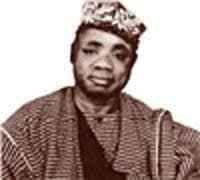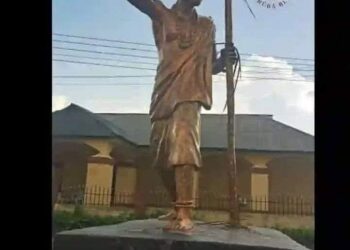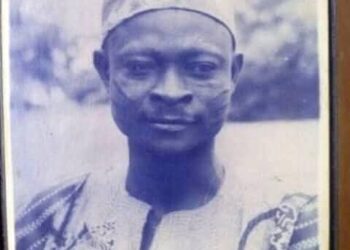In the history of Nigerian music, the story of The Mandators often shines with the bold energy of roots reggae and protest songs. But behind the band’s unmistakable sound was the gentle yet commanding voice of Peggy Essiet—co-founder, lead vocalist, and an unsung pioneer of Afro-reggae music.
Born Peggy Imanah, she became a central force in the Nigerian music scene when she teamed up with her then-husband, Victor Essiet, to form The Mandators in the late 1970s. What began as a university pop band in Calabar evolved into a revolutionary musical movement. Their early works, Sunrise (1979) and Imagination (1982), reflected more mellow, contemporary themes. But it was in 1987, with the release of Crisis, that The Mandators—and Peggy—found their defining voice.
With her melodic clarity and haunting harmonies, Peggy helped shape The Mandators’ shift to socially conscious reggae. Songs like “Rat Race,” “Crisis,” and “System” became anthems for the oppressed and hopeful alike, with lyrics that tackled corruption, inequality, and injustice. In an industry then dominated by male figures, Peggy stood out—not just as a woman, but as an artistic equal, commanding the stage with grace and conviction.
After years of musical success, personal differences led to Peggy’s split from both the band and her husband. She retreated from the limelight, and tragically, she passed away in the late 1990s. Her death went largely unreported in mainstream media, a quiet ending for a woman who had once given her voice to the voiceless.
Today, while Victor Essiet continues to carry The Mandators name abroad, Peggy’s contribution remains a powerful but often overlooked chapter. Her voice lives on in every lyric she sang, every harmony she carried, and in the hearts of those who remember the golden era of Nigerian reggae.
She may be gone, but the fire she lit still burns.



















































































 EduTimes Africa, a product of Education Times Africa, is a magazine publication that aims to lend its support to close the yawning gap in Africa's educational development.
EduTimes Africa, a product of Education Times Africa, is a magazine publication that aims to lend its support to close the yawning gap in Africa's educational development.